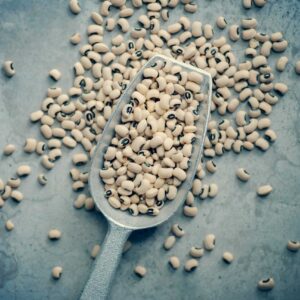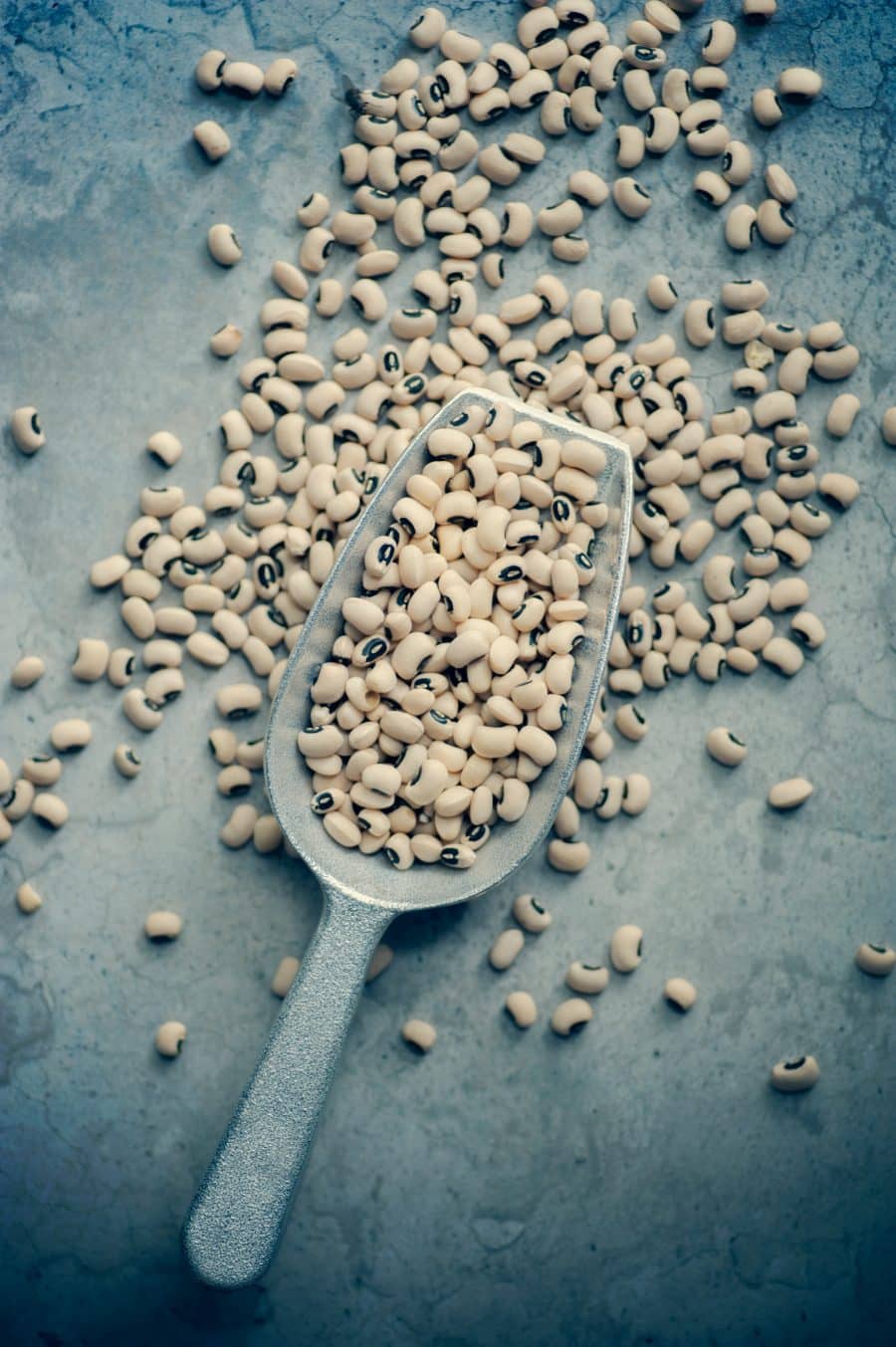Quick Facts About Ulcer
| A | B |
|---|---|
| Definition | An open sore that develops on the lining of the stomach or duodenum (the first part of the small intestine) |
| Types | Peptic ulcers (stomach or small intestine), mouth ulcer |
| Causes | Infection with the bacterium Helicobacter pylori (H. pylori), long-term use of nonsteroidal anti-inflammatory drugs (NSAIDs), smoking, excessive alcohol consumption, stress (can worsen existing ulcers, but not considered a primary cause) |
| Symptoms | Burning, gnawing pain in the upper abdomen; Indigestion; Bloating; Nausea and vomiting; Loss of appetite |
| Complications | Bleeding (internal or external), perforation (a hole in the stomach or duodenum, blockage of the digestive tract |
| Diagnosis | Medical history and physical examination, endoscopy (visual examination of the upper digestive tract), stool or breath tests for H. pylori infection |
| Treatment | Medications to reduce stomach acid production (e.g., proton pump inhibitors, H2 blockers), antibiotics to eradicate H. pylori infection, lifestyle changes (e.g., quitting smoking, reducing alcohol consumption, managing stress), surgery for severe cases |
| Prevalence | Approximately 1 in 10 people will develop an ulcer at some point in their lives |
| Prevention | Avoid NSAIDs if possible or take them with food or antacids, get tested for H. pylori infection and treat it if positive, quit smoking, limit alcohol consumption, manage stress |
There is a common perception that foods that are high in protein may make ulcer worse for individuals suffering from it; therefore, is beans good for ulcer patients?
The answer to this question is in how much acid is produced when the digestive system works on digesting beans. From this question, we can extract other questions like, are high protein foods bad for ulcer patients? How much protein is too much for ulcer patients?
There was a time when ulcer patients were advised to take milk to alleviate the pain that comes with peptic ulcer. However, these days, due to increased knowledge on the cause and management of ulcer, its use is now discouraged. Better medications for this purpose are available and ulcer patients can get better faster.
In this article, you will be provided with foods that are considered best for ulcer patients and the ones that should be avoided altogether. You will also know the reason behind the best or worst status of these foods and how they affect ulcer patients.
Ulcer – A Brief Overview
Ulcers are wounds on the stomach lining. They can be found in the duodenum – the upper portion of the small intestine – and in the stomach. Ulcers are characterized by intense burning sensation in the stomach as a result of digestive acid coming in contact with the wounds. Sometimes, it is accompanied by nausea, heartburn, and feeling of fullness or bloating.
The general belief, sometimes ago, was that ulcer is caused by spicy foods and stress. However, due to more informed researches, the cause of ulcer has been pegged to be a bacterium, Helicobacter pylori and a prolonged use of nonsteroidal anti-inflammatory drugs, such as ibuprofen. However, it is important to note that spicy foods and stress can make your ulcer symptoms worse, and it is possible to have ulcer without the most obvious symptom, burning sensation in the stomach.
Although there are treatments for ulcer, they vary, depending on the cause of your ulcer. Ulcer caused by H. pylori is treated by using antibiotics that kills the bacterium. Also, medications that help to block the production of acid in the stomach may be prescribed as treatment for ulcers. A classification of these medications is the proton pump inhibitors. They function by stopping some cells in the stomach from producing acids. The other class is the histamines. They function by reducing the amount of digestive acids produced in your stomach. Also, there are medications that neutralize stomach acids. They are called antacids – used to treat ulcer symptoms, but not the ailment itself.
Foods for Ulcer Patients
Despite these available treatment options, foods that are introduced into the stomach determines how well and fast the sores along the stomach lining can heal. Some foods are good at helping to keep the burning sensation in the stomach at bay, while others make it worse.
Generally, foods that are spicy irritate the sores. Also, foods that require more digestive acid to be broken down, will make the symptoms of ulcer worse. Therefore, there are foods that are good for ulcer patients and ones that are not.
Beans Good for Ulcer Patients: Good foods for ulcer patients
For ulcer patients, the goal is to reduce the production of stomach acid1https://www.verywellhealth.com/whats-in-the-stomachs-gastric-juice-2507058 as much as possible. To achieve this, you need to consume foods that are high in antioxidants and has antimicrobial properties. This means many fruits and vegetables are good for ulcer patients as they will help to fight the bacterium, H. pylori.

Foods that are rich in fiber, and are not considered acidic, that is they have a pH that ranges from 5 and above, are also safe for ulcer patients.
Some of these foods include
- Pumpkin
- Spinach
- Cucumber
- Beets
- Bananas
- Pomegranates
- Millet
- Beans
- Yoghurt
- Soy
- Nuts
Is Beans Good for Ulcer Patients?
These foods are considered alkalizing because they cause the stomach to produce as little stomach acid as possible during their digestion. With beans in the list, it should be noted that other derivatives of beans and related lentils, such as moimoi and akara can also be eaten by ulcer patients.
Therefore, to answer the question, is beans good for ulcer patients? The answer is, yes.
Bad foods for ulcer patients
Bad foods for ulcer patients are high stomach acid inducers. That is, they cause the stomach to produce more acids for their digestion. In other cases, these foods are themselves acidic. Therefore, if they are eaten by ulcer patients, they will cause the symptoms to be severe.
These foods are usually animal proteins, which are difficult for the human body to break down. Foods in this category include:
- Beer and wine
- Beef
- Oranges
- Pineapples
- Tomatoes
- Limes
- Cheese
- Oats
- Brown rice
- Carbonated drinks
- Fish
Although these foods are considered stomach acid inducers, they should be consumed in the minimum level, by ulcer patients.

How to prepare Beans for Ulcer Patients | 3 simple steps
Ingredients
- 300 g red beans /black eyed beans/brown beans
- 1 medium onion bulb chopped or ground
- 1 cooking spoonful Vegetable oil optional
- 1 stock cube optional
- Pepper to taste optional
- – Salt to taste
Instructions
- Pour the beans into a pot, add enough water, about 2 inches above the level of the beans and leave to boil for about 45 minutes or until tender.You can add more if the water dries before the beans is tender.
- When the beans is tender, add the chopped onions, pepper, oil and stock cube(if you’re using); also add salt to taste, mix well and leave to simmer for 5 more minutes until the liquid in the pot is dried up.
- And your Beans is ready.
Notes
Conclusion
Ulcer is a gastric condition characterized by burning sensation in the stomach as a result of stomach acid coming in contact with sores caused by a bacterium, H. pylori, or extended use of NSAIDs. Certain foods help to aid the fast healing of the sores while others make them worse.
The query, is beans good for ulcer patient is answered in the article? Yes, ulcer patients can eat beans and its derivatives.
Additional resources and citations
- 1https://www.verywellhealth.com/whats-in-the-stomachs-gastric-juice-2507058



